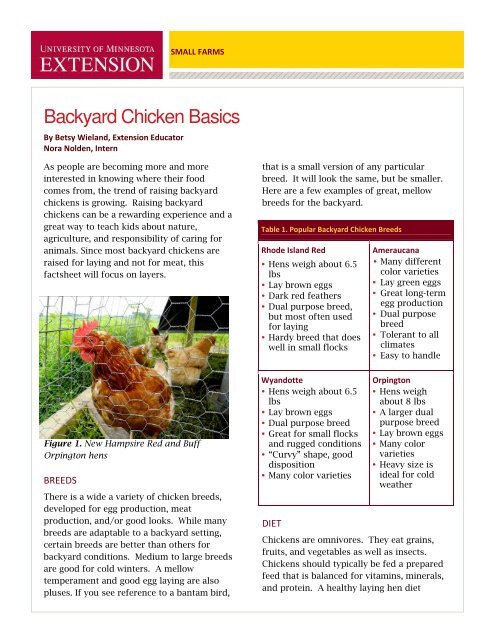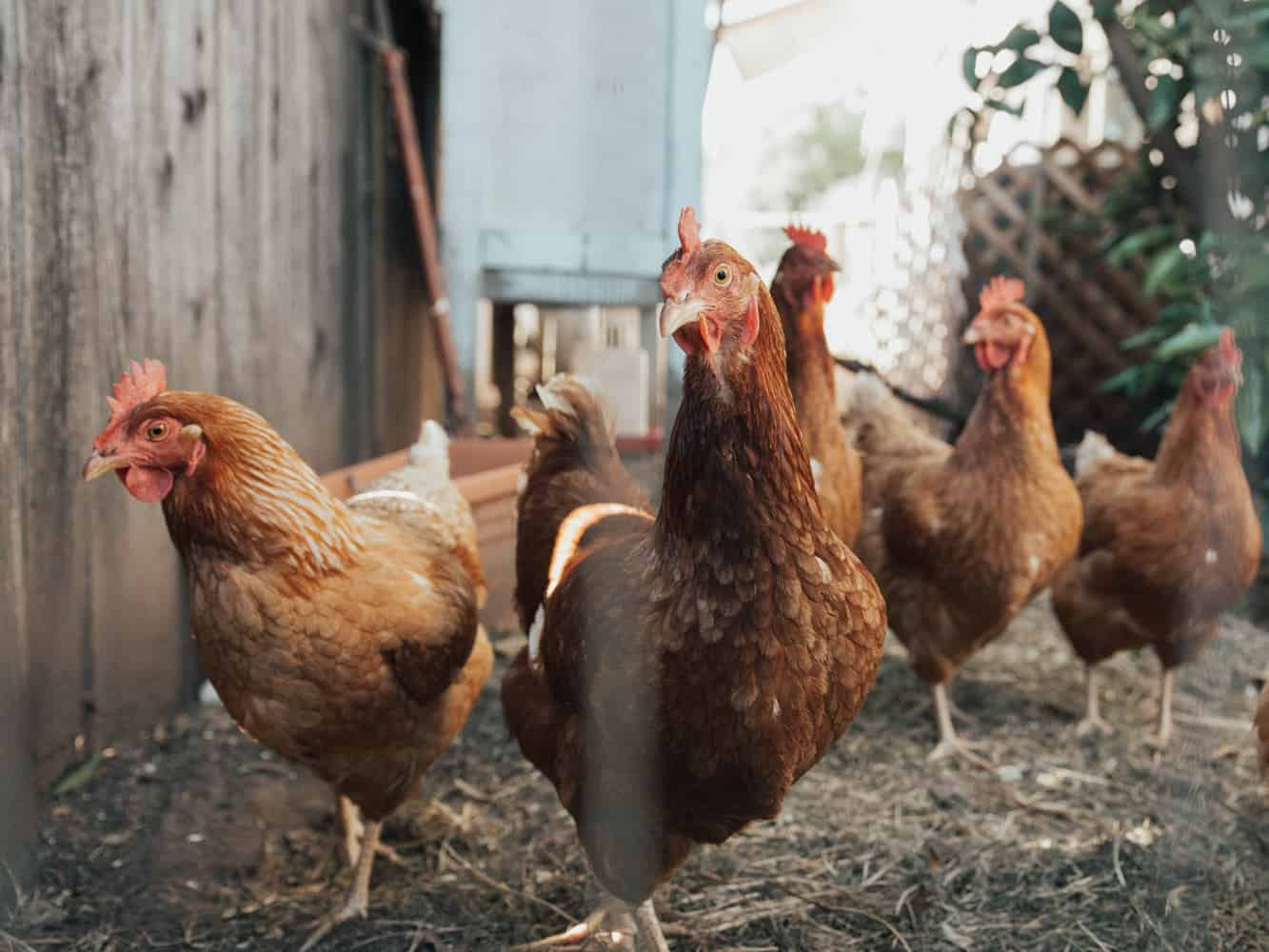
This could exacerbate the likelihood of bird flu cases. In order to keep the worries about bird-borne illnesses to a minimum, CLUCK plans to ask for a cap on how many chickens someone can own, likely limiting the number to eight.Ĭrouch worries that because of the law, some people will bring their chickens indoors to guard against being caught. She added that she is not aware of any cases of bird flu originating from a small group of chickens kept outdoors. “Bird flu happens in large flocks in factory farms,” she said. Opponents of the plan argue that keeping chickens could lead to outbreaks of bird flu and other diseases. Dogs and cats don’t put food on the table.” “I think it’s pretty ridiculous that people are allowed to have dogs and cats but not chickens. “A lot of people who own chickens don’t even know that it’s against the law,” Crouch said. It seems chickens have been sitting ducks for local lawmakers for at least 20 years: A 1989 city law added chickens to a ban preventing livestock from being kept as pets, and a Sacramento County law made it illegal for urban homeowners to have chickens on their property unless they had more than 10,000 square feet of property.


For a city that might have been trying to kick the “cow town” label, Crouch thinks that getting rid of backyard chickens was seen as a good first step by lawmakers. “I have a suspicion that owning chickens was seen as unfashionable when the law was passed,” said Abi Crouch, coordinator of CLUCK. The organization’s position is that government should not be able to tell people where they can and cannot get their eggs.īorne of this stance was the Campaign to Legalize Urban Chicken Keeping (CLUCK), which was put in charge of the chicken issue by EAT Sacramento.īut why is urban chicken keeping even against the law in the first place? The first order of business for the EAT Sacramento team has been to tackle the subject of urban chicken keeping. The Environment and Agriculture Taskforce (EAT) Sacramento, calls itself “a network of residents and organizations dedicated to increasing food access and food security” according to its Web site. With all the squawking about urban chicken ownership and whether it should be allowed, one local organization has stepped up to try to overturn the current city and county laws barring neighborhood chicken raising.


 0 kommentar(er)
0 kommentar(er)
